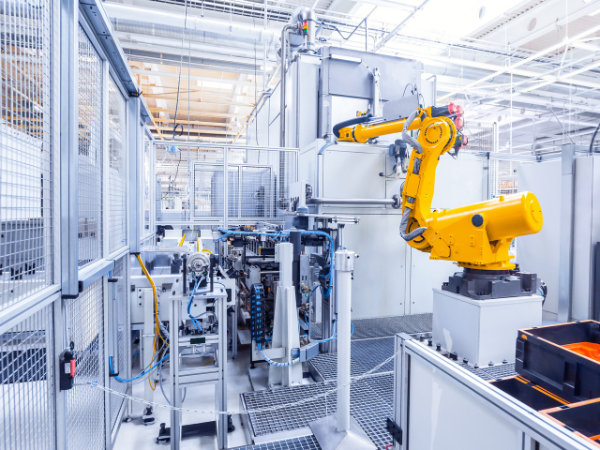Leak testing plays an essential role in ensuring product reliability, particularly in sectors like automotive manufacturing, where electronic control modules (ECMs) must withstand harsh environmental conditions. From dust and moisture to temperature extremes, ECMs face a variety of threats that can compromise their functionality. To prevent failures, manufacturers are increasingly turning to advanced leak testing techniques. At ALPHR Technology, we combine precision with innovation to help manufacturers protect their products and minimise defects, ensuring the highest standards of quality.
The Need for Rigorous Leak Testing
Electronic control modules are vital to the operation of modern vehicles. Whether managing engine performance, safety systems, or infotainment, ECMs must operate flawlessly. A single undetected leak in a sealed ECM can cause moisture to infiltrate the system, leading to corrosion or short circuits, which can result in expensive recalls, downtime, and potential safety risks.
Traditional leak testing methods, while effective to an extent, often fall short in detecting the smallest breaches, especially in high-volume production environments. Manufacturers need solutions that not only guarantee the integrity of every unit but also align with the fast-paced demands of modern production lines.
Advanced Leak Testing Technologies
To address the challenges of traditional methods, manufacturers are adopting advanced leak testing technologies that provide higher sensitivity and precision. Among the most effective methods is the dual-stage leak testing process. This approach combines pressure decay testing with helium mass spectrometry, ensuring that even the smallest leaks are detected.
The first stage, pressure decay testing, involves pressurising the sealed ECMs and monitoring for any drop in pressure, which would indicate a leak. While effective for detecting larger breaches, pressure decay alone can miss microscopic leaks, which is where helium mass spectrometry becomes essential. In this second stage, ECMs are placed in a helium-filled chamber, and a mass spectrometer identifies any helium that enters the sealed units, ensuring the highest level of detection accuracy.
By integrating this dual-stage approach, manufacturers can identify even the tiniest imperfections in sealing, significantly reducing the risk of failures in the field. Additionally, the use of real-time data from these testing processes allows for ongoing improvements in production quality, helping manufacturers refine their processes based on detailed feedback.
Enhancing Production Efficiency
Advanced leak testing isn’t just about quality control; it’s also about efficiency. Automated leak testing systems can be seamlessly integrated into production lines, enabling continuous testing without slowing down throughput. Automation ensures consistency, accuracy, and speed—key factors in maintaining production flow while ensuring that no defective products make it past the final testing phase.
For instance, integrating real-time monitoring systems with leak testing equipment allows manufacturers to adjust parameters such as pressure and timing based on environmental conditions, material viscosity, and other factors. This dynamic adjustment ensures that even in high-volume operations, every unit is tested thoroughly and consistently.
In addition to maintaining production speeds, automated systems reduce manual intervention, minimising the risk of human error and making the entire process more cost-effective. As a result, manufacturers can handle greater volumes while maintaining—or even enhancing—quality control measures.
Data-Driven Process Improvements
One of the most valuable aspects of modern leak testing systems is their ability to generate detailed data. Every failed test provides insights into potential weaknesses in the production process. By collecting and analysing this data, manufacturers can track trends, identify recurring issues, and make adjustments to improve overall quality.
This data-driven approach allows manufacturers to continuously refine their sealing and testing processes. Whether it’s tweaking the material used for seals, adjusting application techniques, or enhancing the sensitivity of the leak testing equipment, this constant feedback loop ensures that every improvement is based on actual data rather than speculation.
Over time, this results in fewer failures, reduced rework and waste, and significant cost savings. Additionally, as manufacturers implement these improvements, they also build stronger relationships with their customers, who benefit from more reliable products and fewer post-sale issues such as warranty claims.
Reliability and Savings
Advanced leak testing offers a clear path to reducing failures in ECM production. By adopting technologies like dual-stage leak testing and automating the testing process, manufacturers can achieve higher levels of reliability while improving efficiency and reducing costs. In an industry where quality is paramount, these innovations not only protect products but also enhance customer trust and satisfaction.
At ALPHR Technology, we are committed to providing advanced leak testing solutions that help manufacturers reduce failures and boost production efficiency. With our expertise in automation and testing technologies, we enable businesses to meet the demands of modern manufacturing, ensuring product integrity and delivering long-term value to customers.


